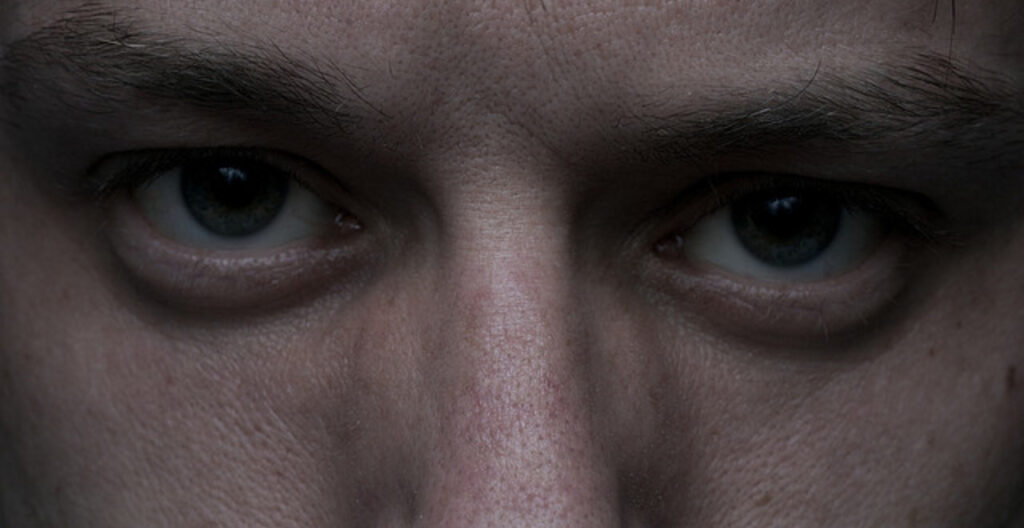
996 culture on the rise worldwide: will companies in the Netherlands also work 6 days of 12 hours?
“Working hard for something we don’t care about is called stress; working hard for something we love is called passion” (Simon Sinek).
De 996-werkcultuur is wereldwijd in opmars. 996 staat voor: werken van 9 uur ’s ochtends tot 9 uur ’s avonds, 6 dagen in de week. De trend ontstond in de techsector in China en leek enige tijd ingedamd, maar doemt nu ook op in Silicon Valley en in de Verenigde Staten, schrijft The New York Times. Bepaalde start-ups in Berlijn zouden eveneens zogenaamde ‘founder hours’ (zeer lange dagen én weekendwerk) verwachten – vooral als ze Chinese of Amerikaanse investeerders hebben.
Hoogleraar arbeids- en organisatiepsychologie aan de Universiteit Utrecht Toon Taris vertelt of we deze trend ook in Nederland kunnen verwachten.Volgens Taris laat onderzoek zien dat na het werken van zoveel uur mensen meer fouten gaan maken en ook ongelukken krijgen op werk. “Deze uren zijn niet lang vol te houden. Na een jaar of twee zit je tegen een burn-out aan. Het hele concept van 996 lijkt nogal kortzichtig.”
Kennelijk staat LinkedIn bol van discussies over dit werkfenomeen 996. Taris wijst erop, dat dit fenomeen eigenlijk tegen de tijdgeest in gaat.
Maar je zou net zo goed kunnen zeggen, dat de mens altijd in het Bijbelse ‘zweet des aanschijns’ werk heeft verricht.
Het zoeken naar een evenwicht in werk/privé is in wezen een luxe intermezzo in een samenleving, waarin het zorgen voor brood op de plank niet meer van levensbelang is.
Maar de gedrevenheid om tot grootse prestaties te komen lijkt daardoor onderdrukt. Wellicht laat 996 een kentering zien. Het is te hopen, dat het niet het Bijbelse 666 blijkt te zijn.
The 996 work culture is on the rise worldwide. 996 stands for: working from 9 a.m. to 9 p.m., 6 days a week. The trend originated in the tech sector in China and seemed to have been contained for a while, but is now also appearing in Silicon Valley and the United States, reports The New York Times. Certain startups in Berlin are also reportedly expecting so-called “founder hours” (extremely long days and weekend work) – especially if they have Chinese or American investors.
Professor of work and organizational psychology at Utrecht University Toon Taris explains whether we can also expect this trend in the Netherlands. According to Taris, research shows that after working so many hours, people make more mistakes and also have accidents at work. “These hours are not sustainable for long. After a year or two, you’re on the verge of burnout. The whole 996 concept seems rather shortsighted.”
Apparently LinkedIn is full of discussions about this work phenomenon 996. Taris points out that this phenomenon actually goes against the spirit of the times.
But you could just as easily say that man has always labored in the biblical “sweat of his brow.”
The search for work-life balance is essentially a luxury intermezzo in a society where putting food on the table is no longer a matter of life and death.
But the drive to achieve great things seems to be suppressed as a result. Perhaps 996 marks a turning point. Let’s hope it doesn’t turn out to be the biblical 666.
Ricky Turpijn


